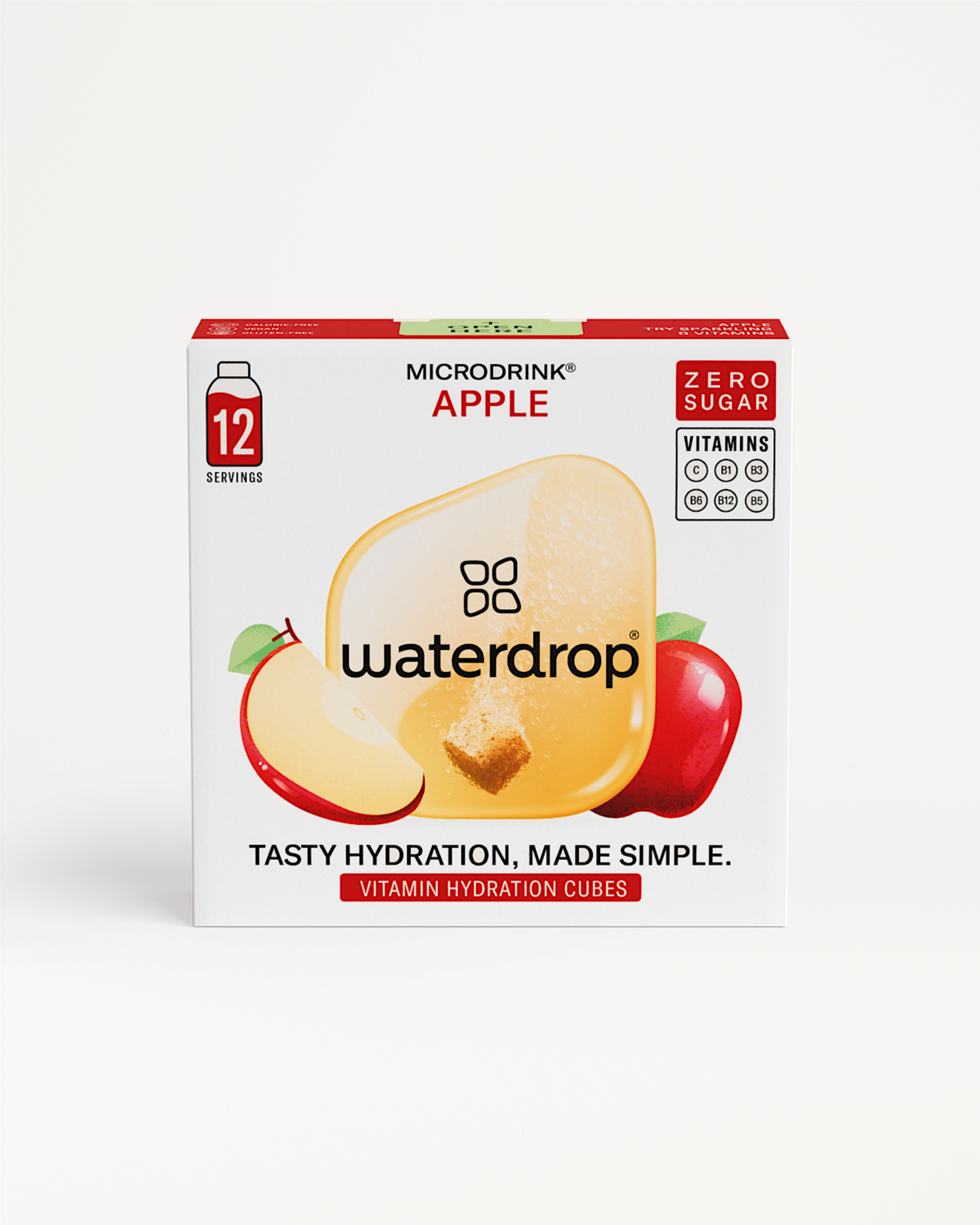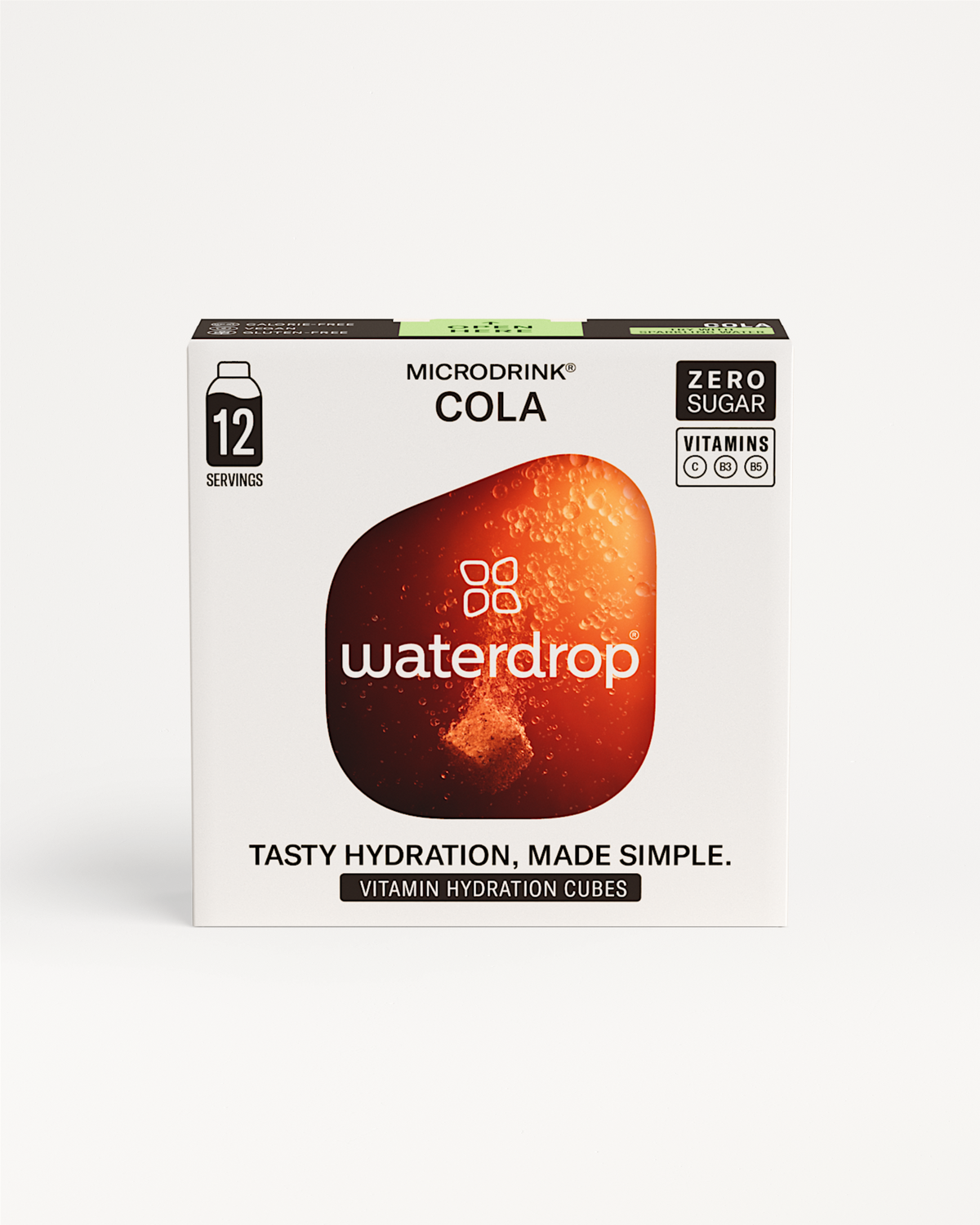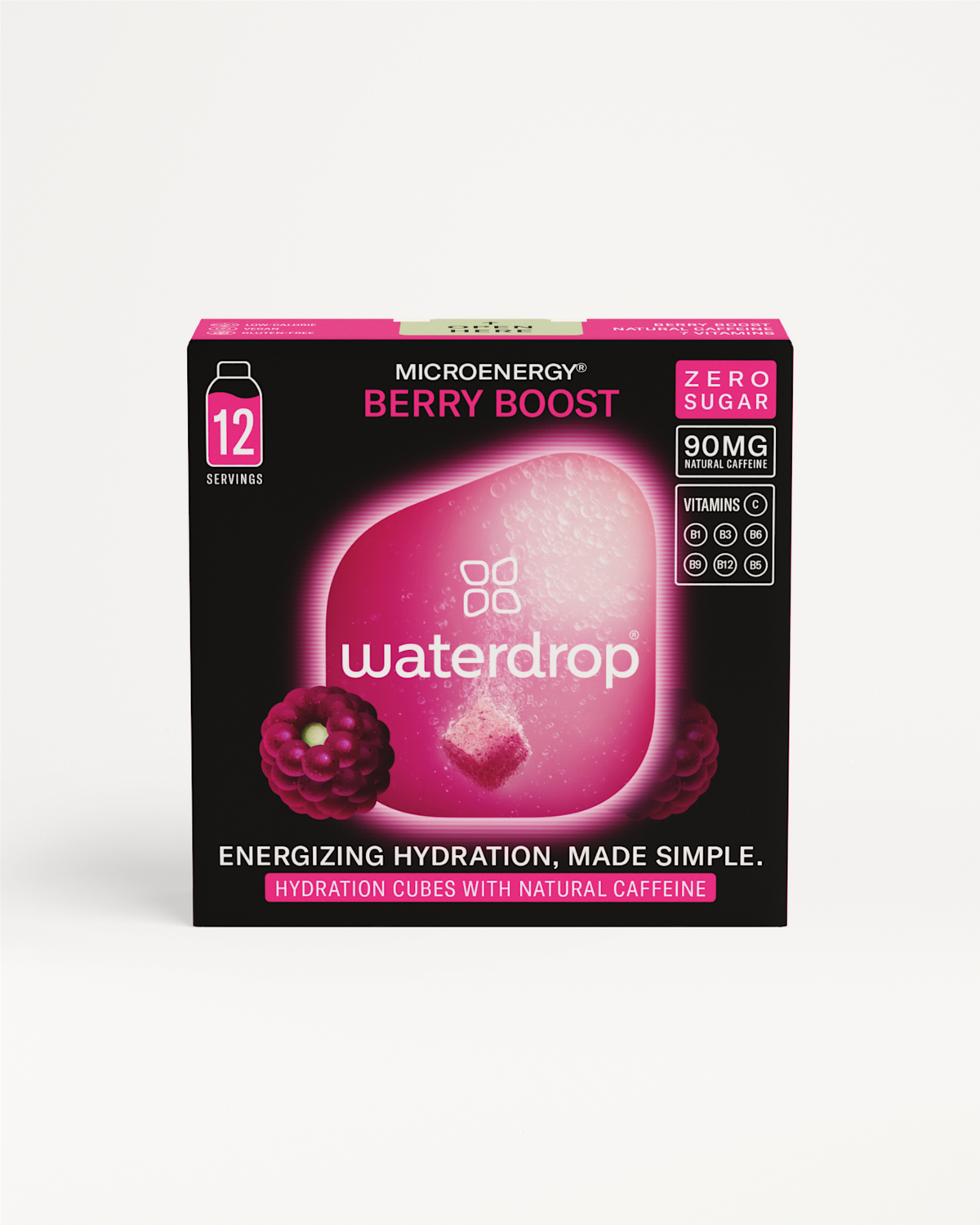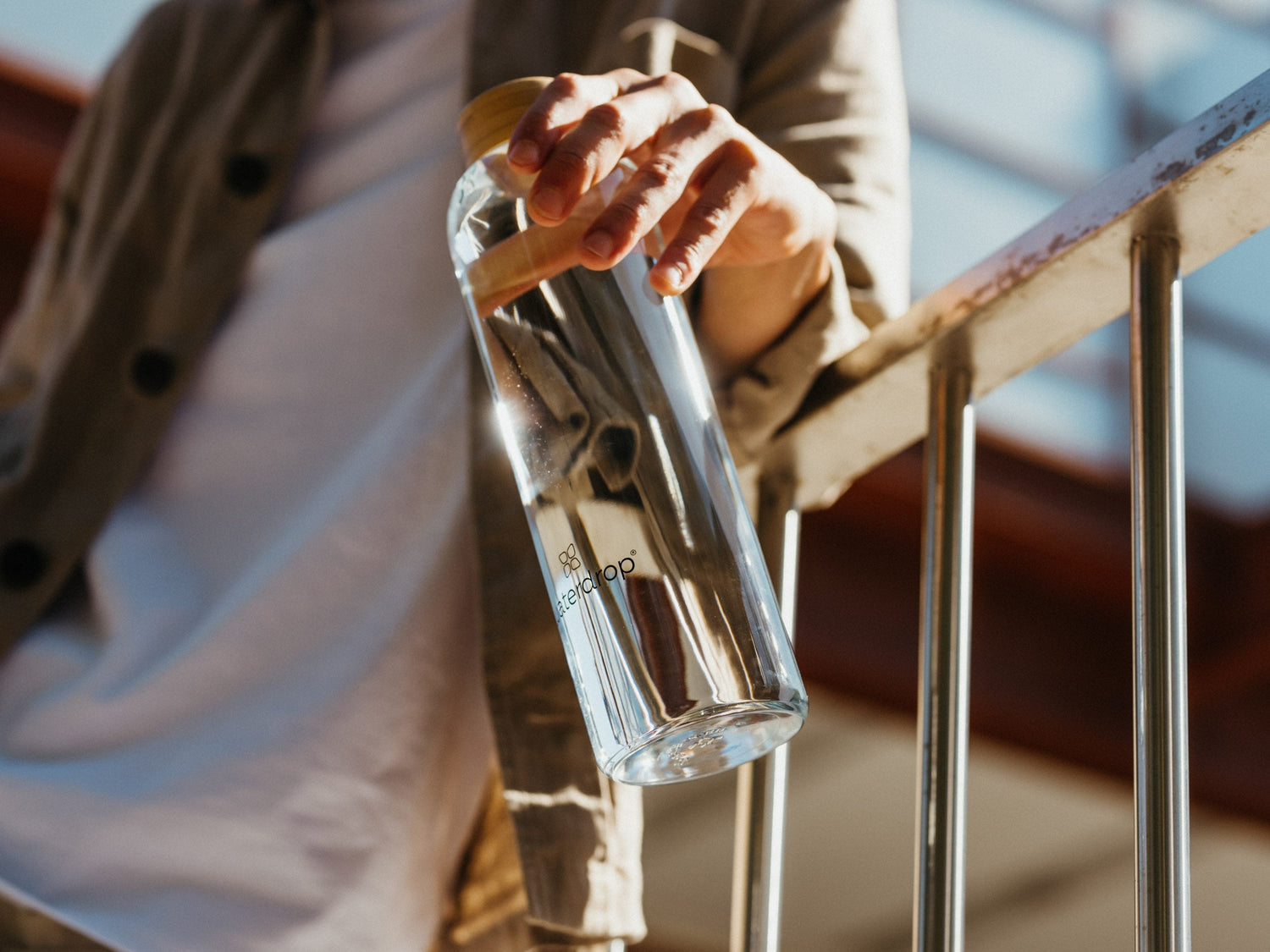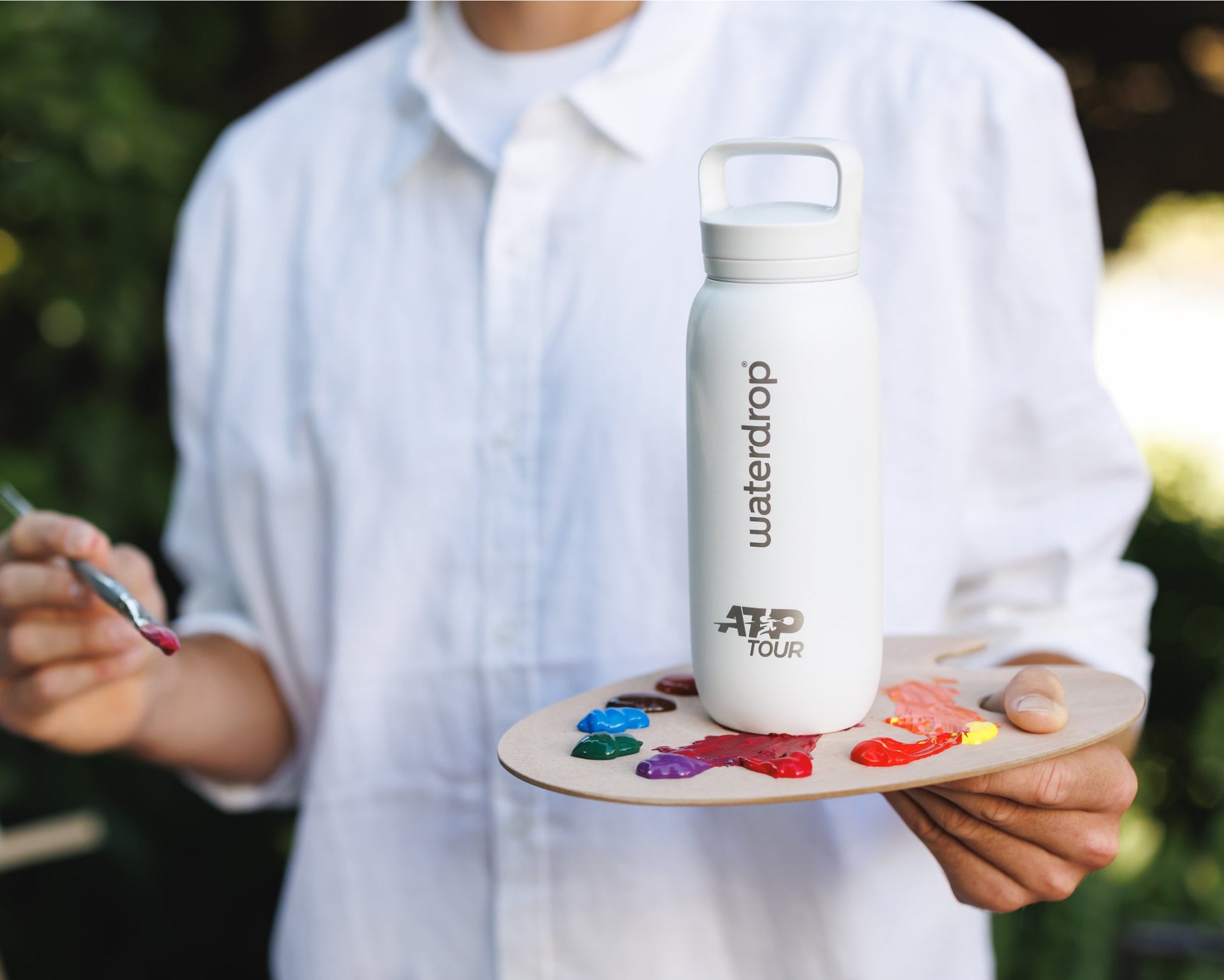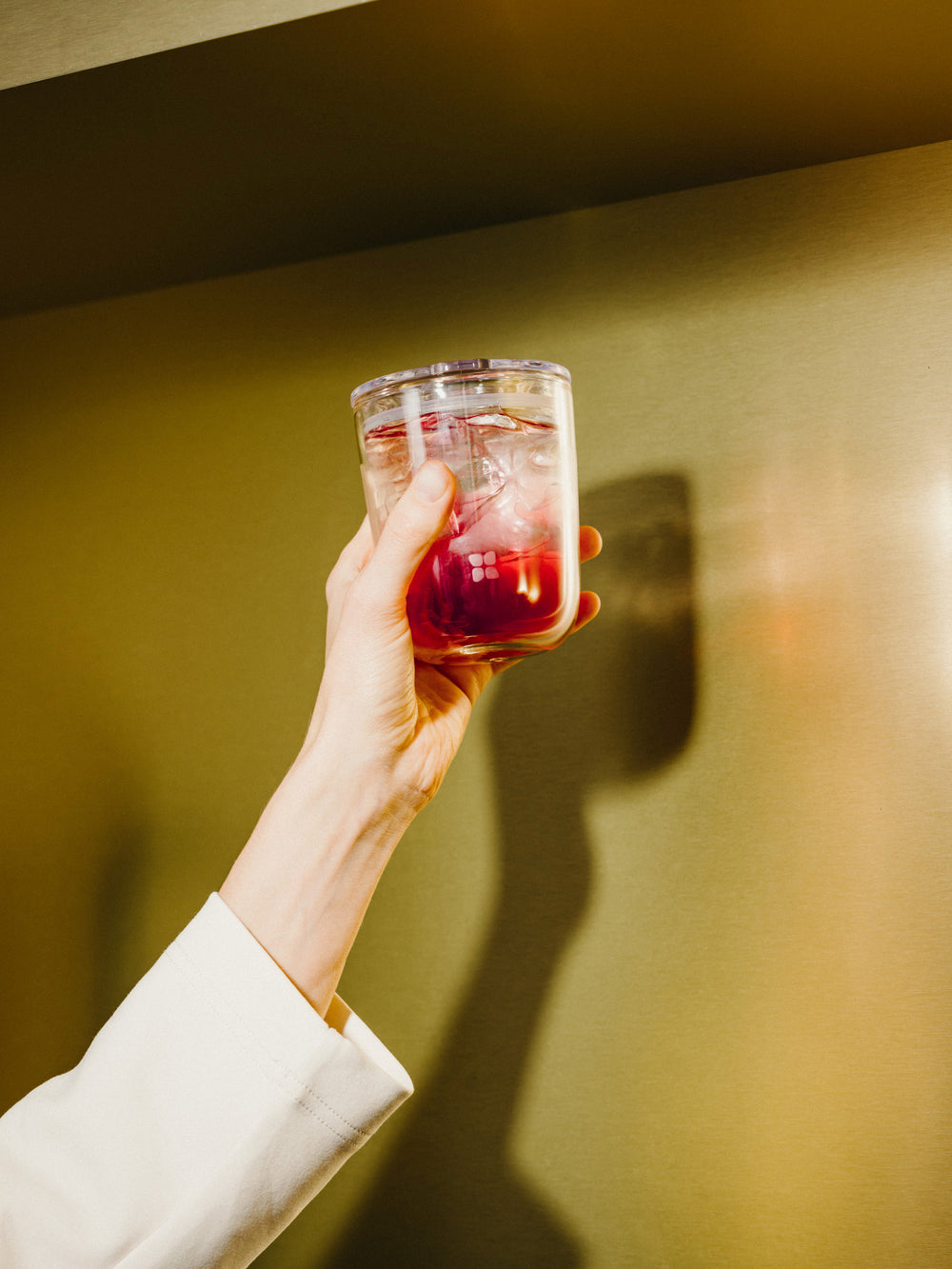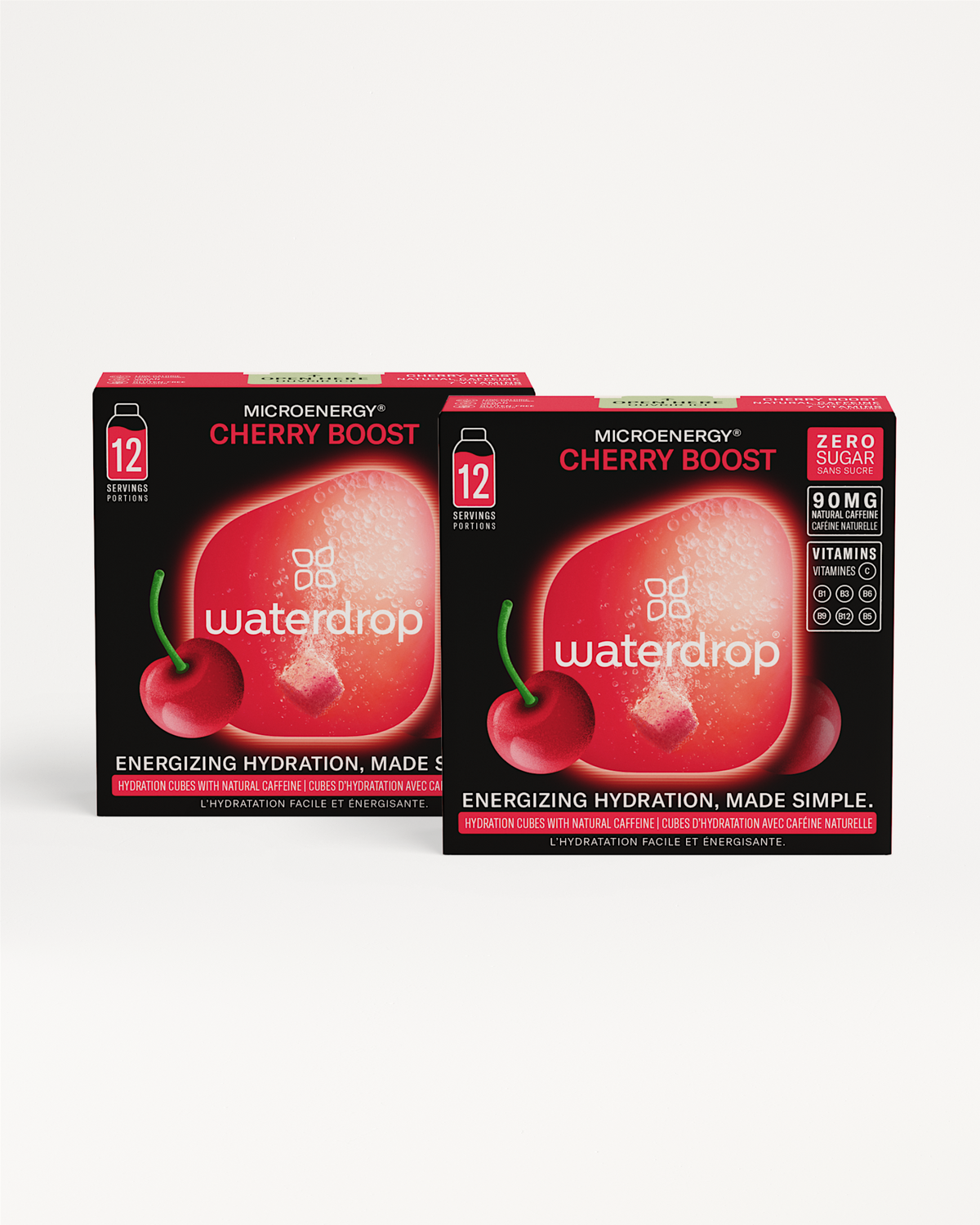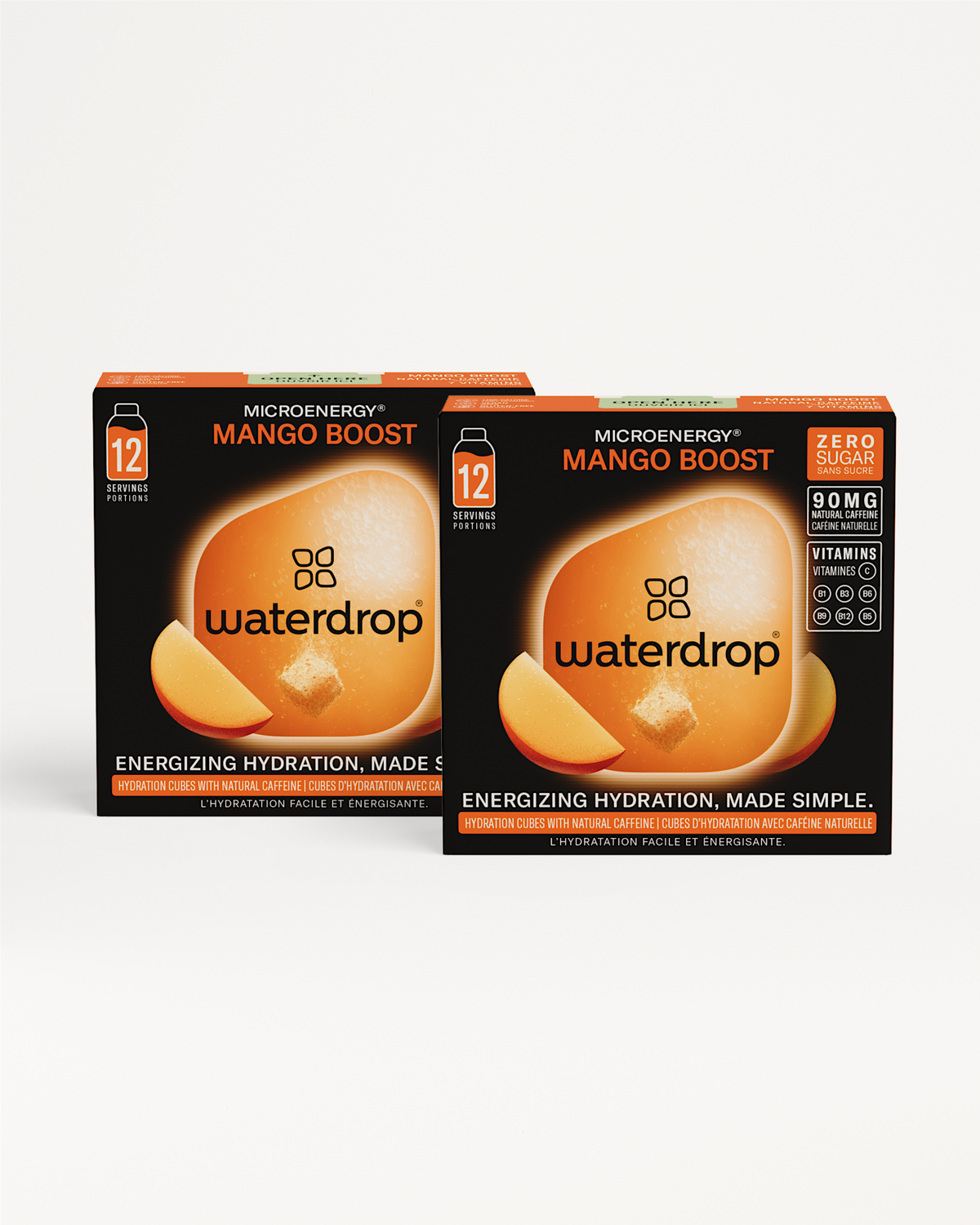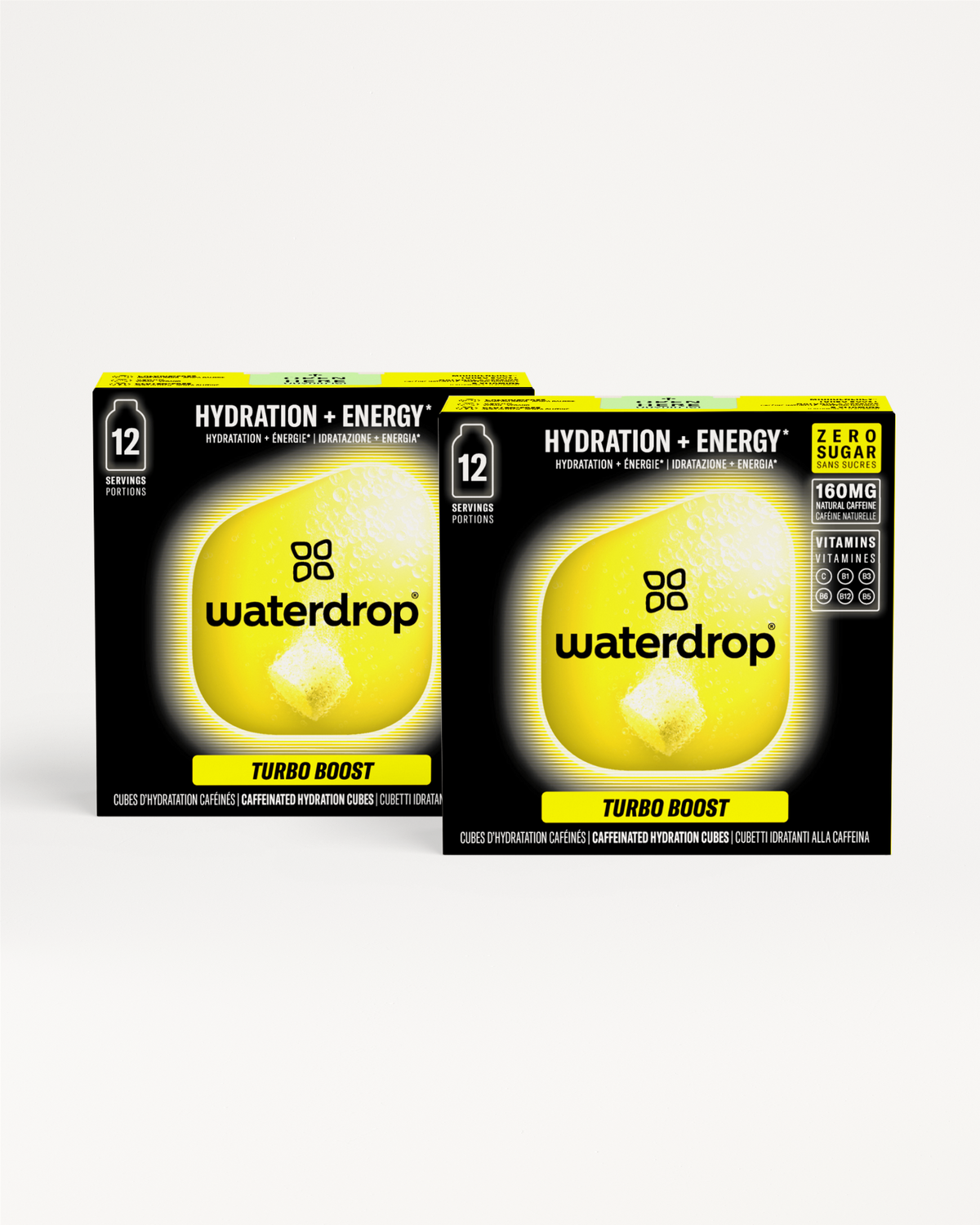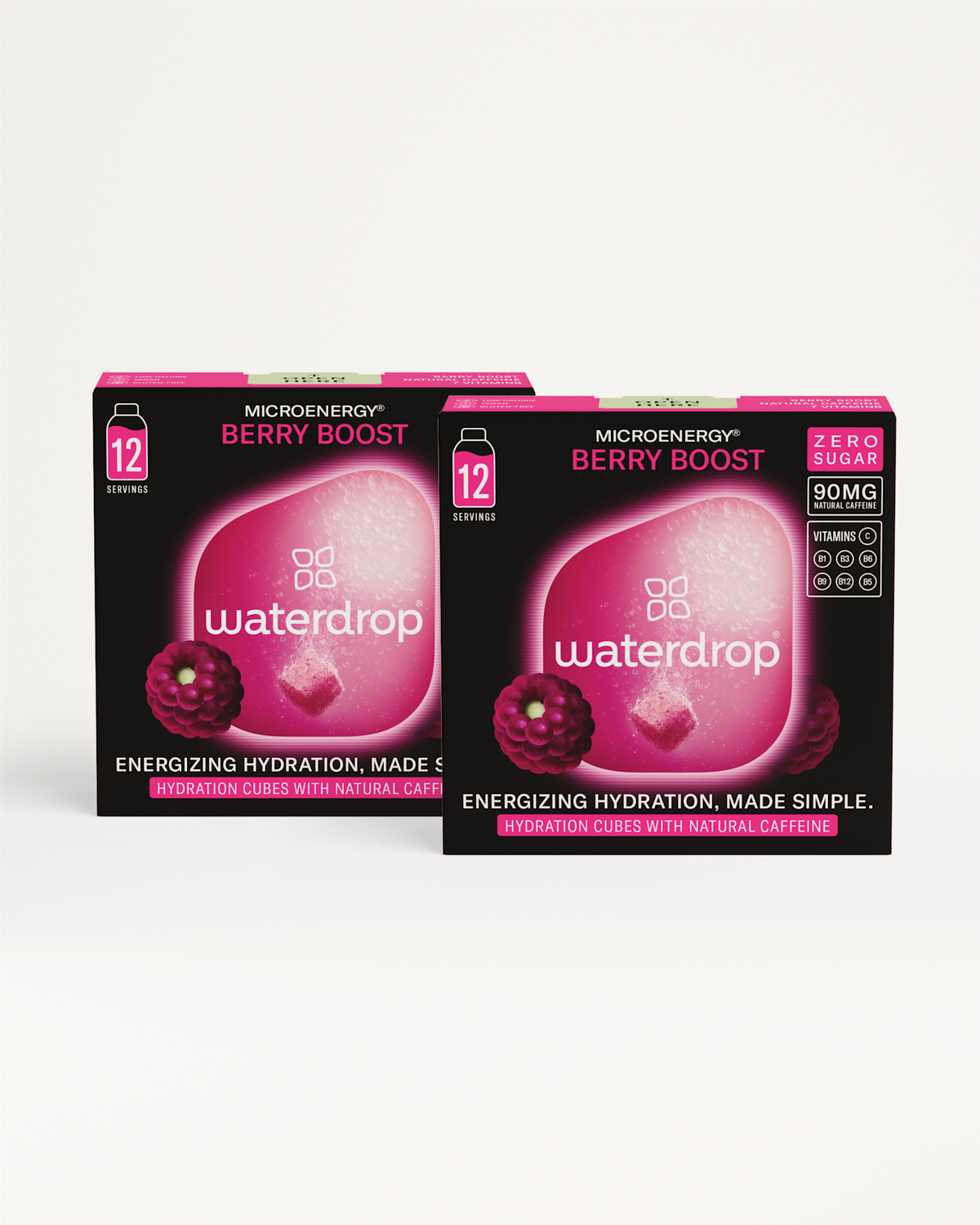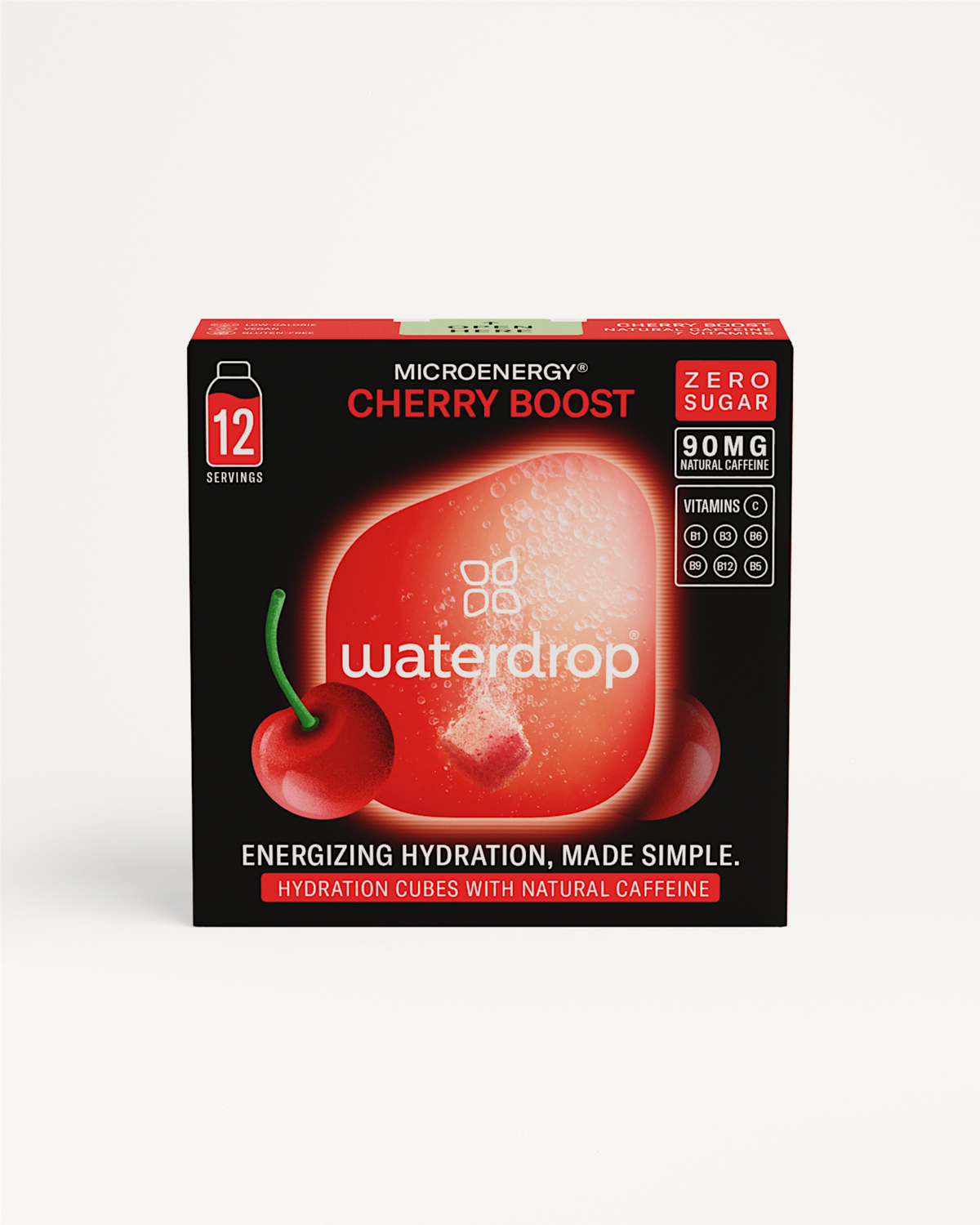71% of Earth is covered in water, and 96.5% of that is saltwater. That leaves 3.5% for freshwater, of which only 1% is consumable by humans.
While mountains of discarded rubbish and plastic bottles float aimlessly in our oceans and rivers, significant amounts of CO2 plague our atmosphere, contributing to the warming of our planet. With rising temperatures, freshwater sources such as glaciers are melting at rapid rates, resulting in higher ocean levels and serious consequences for our future.
The effects of our plastic production, consumption, and waste touch each and every species that rely on water as either a source of hydration or as their home – including us. The degradation and death of coral reefs around the world, for example, can be directly linked to climate change and rising sea levels, ultimately impacting CO2 emissions.

What is World Water Day?
Observed annually on 22nd March, World Water Day began in 1993 in order to raise awareness of its importance, as well as recognition of the 2 billion people who do not have access to clean drinking water. One of its main goals is to “inspire action towards sustainable development” and to see “water and sanitation for all by 2030”. Though it may appear to be a daunting and potentially impossible task, people have created solutions to seemingly impossible problems before. The testament “necessity is the mother of invention” holds true for our water issues as we see people and organisations around the world making great strides.
This year’s World Water Day theme is ‘Water for Peace’ which “focuses on the critical role water plays in the stability and prosperity of the world.”¹ In response to climate change, growing populations, and measures around conservation, the theme looks at the balance between human rights and needs, and how water can foster stability whilst encouraging sustainable development.
How does waterdrop® support World Water Day?
At waterdrop®, we encourage people around the world to ensure that they are drinking enough water, but our commitment to water does not end there. We recognise that unless significant changes are made in many industries, such as the beverage industry, the Earth may suffer irreversible damage, affecting every living creature on the planet.
How does waterdrop® contribute?
For every waterdrop® Glass, Steel or All-Purpose Bottle sold, Plastic Bank collects two discarded ocean-bound plastic bottles. Once collected, each bottle is then sorted by colour and type, washed, and then finely shredded and processed into new products. In short, your purchase directly supports the cleaning, restoration and preservation of our oceans, rivers, and other precious environments.
Plastic Bank is a Canadian organisation that tackles environmental pollution with the help of innovative recycling systems and improves the quality of life for local volunteers who collect plastic bottles in over 500 locations including Haiti, Indonesia, and the Philippines.
As of March 2024, our partnership with Plastic Bank has since removed 552,663 kg of plastic from the ocean.
Final Word
Life would not exist were it not for water, so let’s treat it that way. Let’s make more conscious decisions involving our water supply – today and every day.
¹ United Nations (2024) ‘‘Water for Peace’ - World Water Day 2024 campaign launches’: https://www.unwater.org/news/%E2%80%98water-peace%E2%80%99-world-water-day-2024-campaign-launches [accessed 13/01/2024]





















